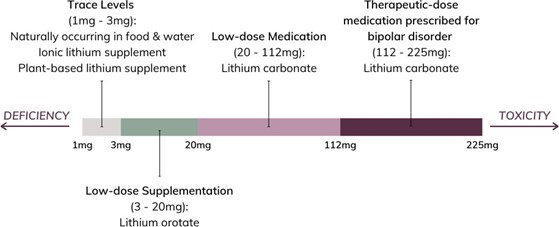Which of the following behaviors suggests a breach of professional boundaries? (Select all chat to apply)
The nurse shares the details about her family problems.
The nurse makes plans to have lunch with the client after discharge.
The nurse agrees to keep a secret from the client
The nurse allows a client to hold her hand before chemotherapy.
The nurse reads a ’get-well’ card to the client.
Correct Answer : A,B,C
A. Sharing personal information with a client is a boundary violation, as it blurs the professional relationship and creates a risk for the client to become involved in the nurse's personal issues.
B. Making plans to have lunch with a client after discharge is also a boundary violation, as it can be interpreted as crossing the professional boundary and compromising the nurse's objectivity and impartiality.
C. Agreeing to keep a secret from a client can also be a boundary violation, as it may interfere with the nurse's professional judgment and duty to protect the client's safety and well-being.
D. Allowing a client to hold the nurse's hand before chemotherapy is not necessarily a boundary violation, as this can be a form of emotional support that is appropriate in some circumstances.
E. Reading a 'get-well' card to a client is not a boundary violation, as it is a form of emotional support that is appropriate and professional.
Nursing Test Bank
Naxlex Comprehensive Predictor Exams
Related Questions
Correct Answer is ["15"]
Explanation
The nurse would administer 15 mL of lithium syrup per dose. This is calculated by first determining the amount of lithium in each mL of syrup: 600 mg / 5 mL = 120 mg/mL. Then, the desired dose of 1800 mg is divided by the concentration of lithium in each mL of syrup: 1800 mg / (120 mg/mL) = 15 mL.

Correct Answer is B
Explanation
It is important for healthcare providers to respect their clients’ cultural beliefs and practices, including their use of traditional healing methods. If the healing practices are not harmful to the client’s health, the nurse should allow the client to continue using them as part of their care. The nurse can also work with the client to integrate these practices into their overall treatment plan.
Whether you are a student looking to ace your exams or a practicing nurse seeking to enhance your expertise , our nursing education contents will empower you with the confidence and competence to make a difference in the lives of patients and become a respected leader in the healthcare field.
Visit Naxlex, invest in your future and unlock endless possibilities with our unparalleled nursing education contents today
Report Wrong Answer on the Current Question
Do you disagree with the answer? If yes, what is your expected answer? Explain.
Kindly be descriptive with the issue you are facing.
